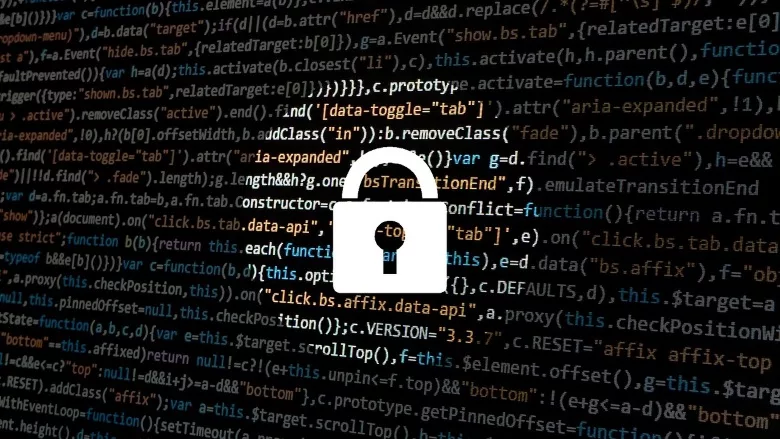50 percent of organizations fell victim to ransomware in 2022

Image via Pixabay
The threat of ransomware has greatly affected security leaders and how they run their organizations. Fortinet released a recent report analyzing the results of a survey regarding security leaders’ perspectives on ransomware.
The research revealed there was a large disconnect between respondents’ level of preparedness with existing strategies and their ability to stop a ransomware attack. Although 78% of organizations stated they were “very” or “extremely” prepared to mitigate an attack, the survey found 50% fell victim to ransomware in the last year, and almost half were targeted two or more times. Specifically, four out of the five top challenges to stopping ransomware were people or process related. The second largest challenge was a lack of clarity on how to secure against the threat as a result of a lack of user awareness and training, and no clear chain-of-command strategy to deal with attacks.
The survey also found that while most (72%) detecting an incident within hours, and sometimes minutes, the percentage of organizations paying ransoms remains high, with almost three-quarters of respondents making some form of ransom payment. When comparing across industries, organizations in the manufacturing sector received higher ransoms and were more likely to pay the fee. Specifically, one quarter of attacks among manufacturing organizations received a ransom of $1M or higher. Finally, while almost all organizations (88%) reported having cyber insurance, almost 40% didn’t receive as much coverage as expected and, in some cases, didn’t receive any because of an exception from the insurer.
With concerns about ransomware still high and despite a challenging global economic environment, nearly all organizations (91%) expect increased security budgets in the next year. Based on the technologies viewed as most essential to secure against ransomware, organizations were most concerned with IoT Security, SASE, Cloud Workload Protection, NGFW, EDR, ZTNA and Security Email Gateway. In the future, top priorities for respondents will be investing in advanced technology powered by AI and machine learning to enable faster threat detection and central monitoring tools to speed response.
In addition, the report found that organizations using point products were the most likely to fall victim to an attack in the last year, while those who had consolidated to a smaller number of platforms were the least likely to be a victim. Further, almost all respondents (99%) viewed integrated solutions or a platform as essential to preventing ransomware attacks.
Looking for a reprint of this article?
From high-res PDFs to custom plaques, order your copy today!








